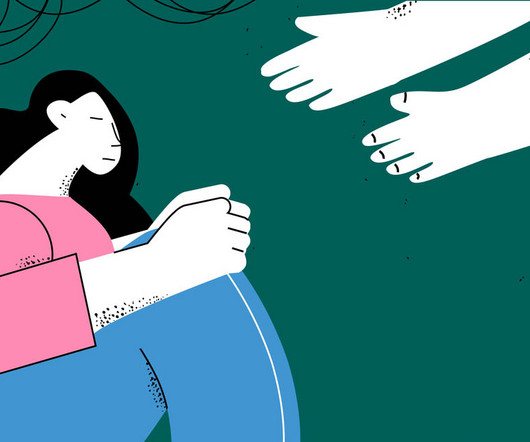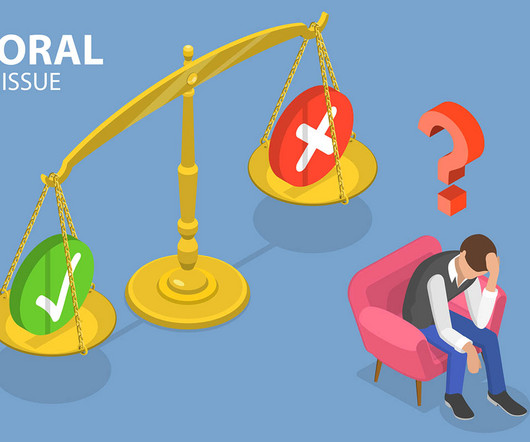Depression: Biological or Psychological?
Mad in America
MAY 29, 2025
Many people also believe the psychiatric drugs prescribed to treat depression are effective because they correct a verified biological causation for depression, a chemical imbalance in the brain. NIMH regarded depression as a rare, non-recurring disorder, with a very favorable prognosis. It was treated psychologically, not medically.











Let's personalize your content